This is the first of four in a series of companion articles and recorded zoom sessions. It is part of our Preparing for Caring Project to build awareness and educate about the importance of handling skills in caring for a baby. Read more about how these ideas play out in practical suggestions.
We have built our work at Babies Project around the progressive states of safety, orientation, comfort, bonding and curiosity. While it is similar to Maslow’s “hierarchy of needs”, this layering of ideas comes out of a Body-Mind Centering® approach to developmental movement.*
* * *


